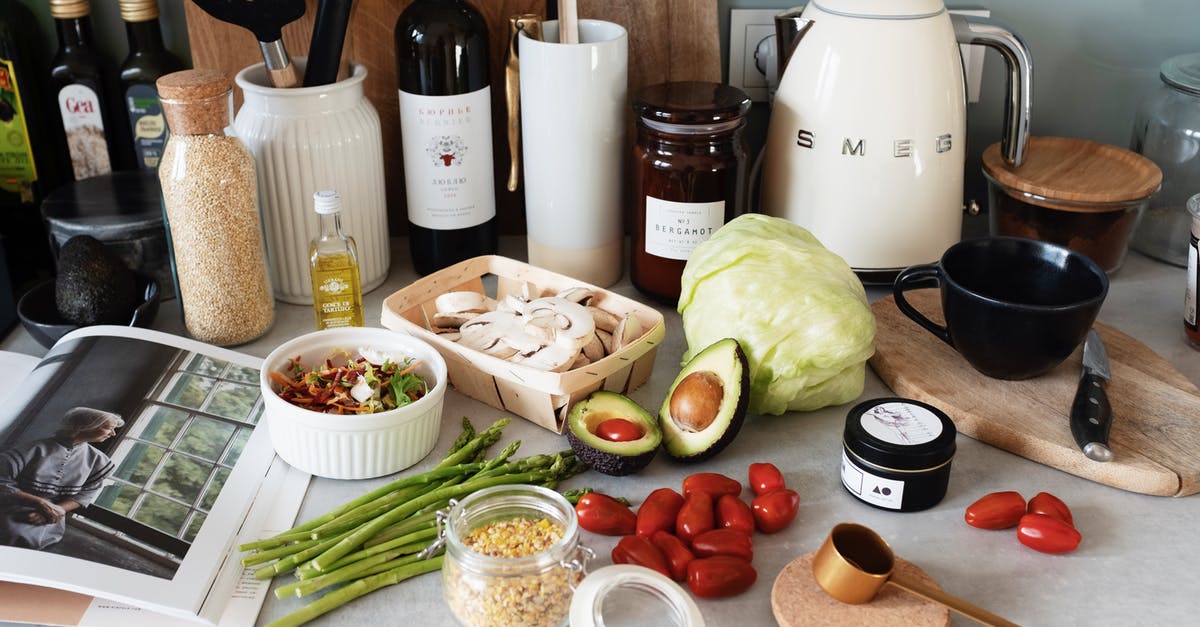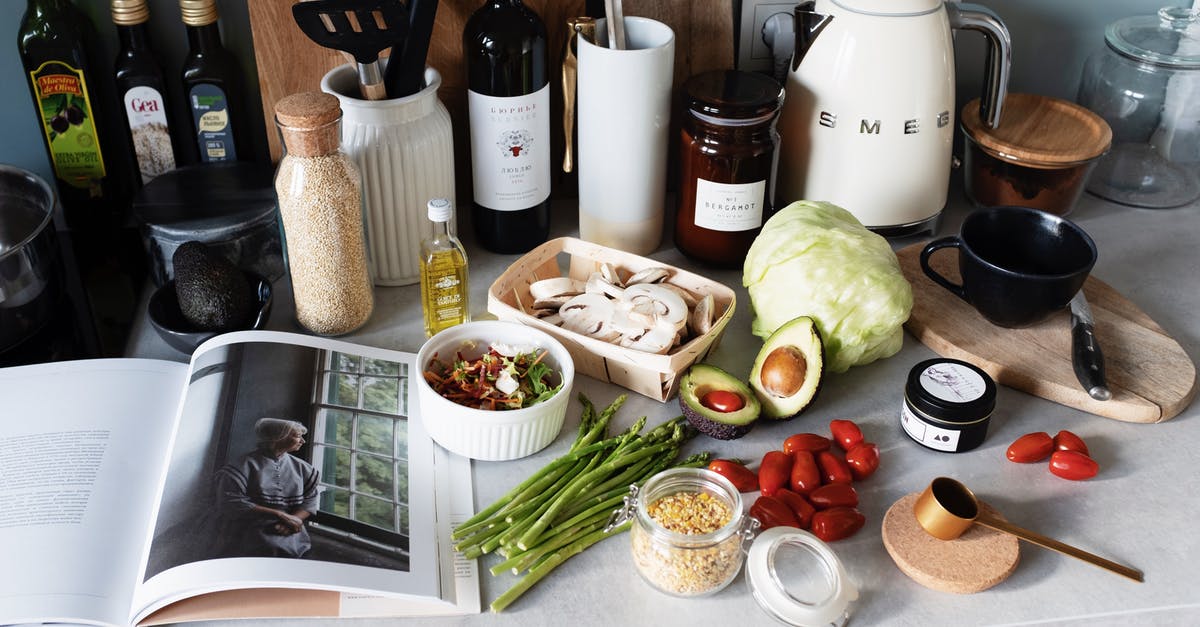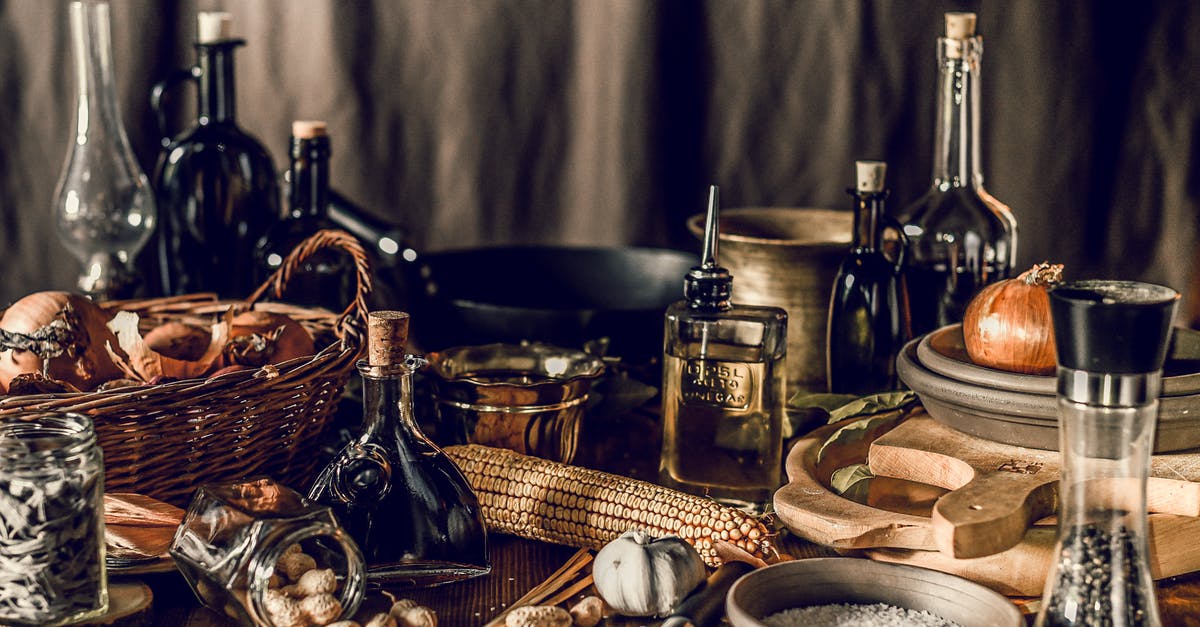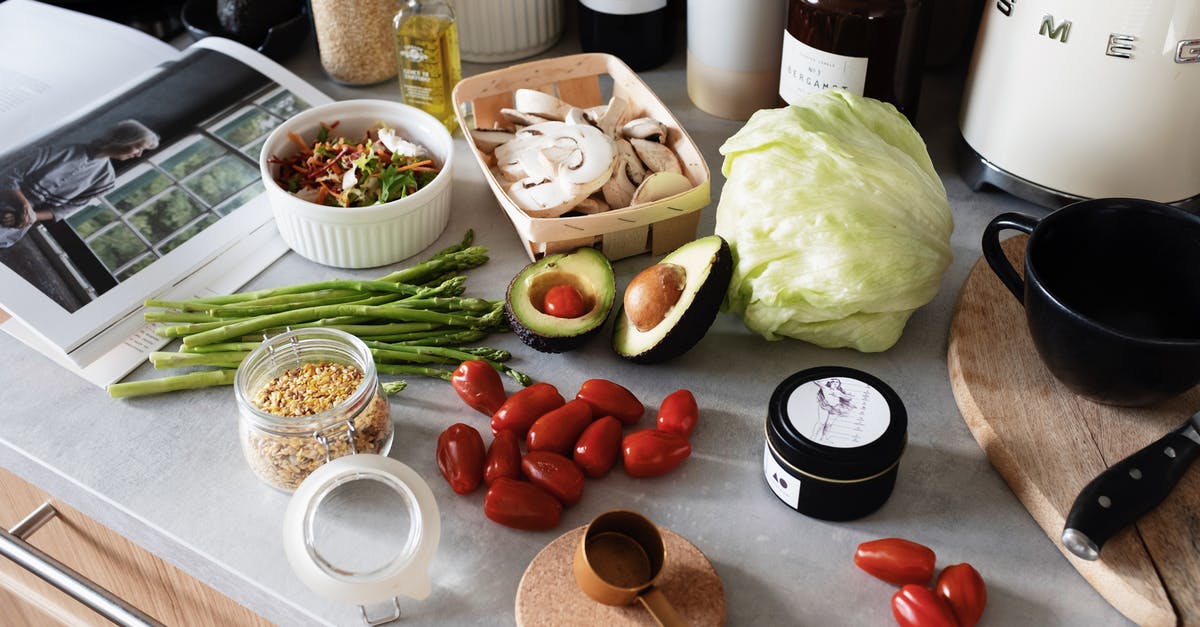Is there something better than mineral oil for cutting boards?

I've been using mineral oil to oil my wooden cutting boards ever since I found out this was a good thing to do. I had a couple of bamboo boards up until I bought a really great John Boos carving board (made of maple).
When I bought the maple board, I noticed they sold something called "mystery oil". A few searches later, I found it appears to be a mix of mineral oil and linseed oil.
Since then, I have been using just mineral oil on the board(s) with no ill effects. However, I have been wondering if there is a benefit to using something other than just straight mineral oil.
Can anyone weigh in on this?
Best Answer
"Better" might be a matter of interpretation. The oils will behave a bit differently, however.
Mineral Oil is a non-drying oil, which means that it will not polymerize (form a plastic-like substance) over time. This is good for oiling cutting boards because it will stay a bit liquid in the wood and flow into cracks and scratches. It is also food-safe and won't go rancid or support microorganisms.
Linseed Oil (AKA Flaxseed Oil, or Flax Oil) is also a good choice, for a different reason. Linseed Oil is a drying oil, which means it will fully polymerize and form a harder plastic layer. This is why it is about the best oil for seasoning cast iron pans. It may be more durable than mineral oil, but lacks the ability to "flow".
A blend of the two sounds like a fine idea. My favorite, Howard's Butcher Block Conditioner is a mix of Mineral Oil and natural waxes like Carnauba and Beeswax, which add a bit of that "durability" that Linseed Oil could add.
What would be a bad choice are most food oils like Canola, Olive Oil, Lard, etc. Unsaturated fats will oxidize (go rancid) and affect your food. Even oils high in saturated fats may have too many anti-oxidants (which are bad in this case), which will prevent polymerization and leave a gummy surface. These semi-drying oils are of no use here.
Whatever you use, make sure it is intended for food (Linseed Oil is a common woodworking finish, and not all versions are intended for use with food). Mineral Oil is probably more convenient for quick daily wipe-downs, while some of the blends are probably a bit more suited toward occasional re-finishing. Either way, regular application and keeping the board dry while not in use will make more difference than the exact type of oil.
Pictures about "Is there something better than mineral oil for cutting boards?"



Quick Answer about "Is there something better than mineral oil for cutting boards?"
It is also food-safe and won't go rancid or support microorganisms. Linseed Oil (AKA Flaxseed Oil, or Flax Oil) is also a good choice, for a different reason.What can you use instead of mineral oil on a cutting board?
If you don't want to use mineral oil, you can also use beeswax, beeswax-based board cream (usually a blend of beeswax and mineral oil), or fractionated coconut oil.What is the best oil to use on cutting boards?
What Type of Oils are Safe to Use on Your Cutting Board- Mineral Oil. Mineral oil (sometimes called liquid paraffin) is a non-toxic, non-drying product derived from petroleum that is colorless, odorless, and flavorless. ...
- Beeswax. ...
- Coconut Oil (Refractionated) ...
- Carnauba. ...
- Baking Soda. ...
- Lemon Juice. ...
- Tung Oil. ...
- Linseed Oil.
What is the best natural oil for wood cutting boards?
Mineral oil is the standard for conditioning wooden cutting boards (as well as wooden cooking spoons and bowls) for its resistance to oxidation and odorless, flavorless nature. Be sure to look for food-grade mineral oil or oil labeled as USP grade, which is processed to pharmaceutical standards and is also food-grade.Natural Cutting Board Oil An Alternative to Mineral Oil
More answers regarding is there something better than mineral oil for cutting boards?
Answer 2
Mix 3 parts coconut oil with one part beeswax and melt together - that's it.
The beeswax 'hardens' the coconut oil and gives a better, more water-resistant finish.
Wipe it on, leave it half an hour, wipe it off.
Good for your hands, too ;)
Answer 3
The best solution to use is a mix of mineral oil and a bit of beeswax or paraffin wax. You can melt the wax into the oil in the microwave and then wipe your board down. This solution will protect is quite well and is recommended by many board makers. If you need a couple different options or directions on how to apply the oil head to End Grain Cutting Board
Answer 4
Go to Walgreen get Intestinal Lubricant Mineral Oil, this is food safe, it is the same stuff I believe sold in small bottles for $7-8 bucks for cutting boards, bamboo, etc, with a fancy name. You will get a lot more for less money at Walgreen as an intestinal lub.
Yeah, it is a laxative.
For seasoning cast iron. http://www.smokingmeatforums.com/t/137622/the-ultimate-way-to-season-cast-iron-flaxseed-oil
Make sure whatever you use is food safe for humans, read the label. Boiled linseed oil is not food safe, poisonous, and shouldn't be used.
Answer 5
I just got a local artisan here to build me a butcher block. While installing it, I asked him what he recommended for maintaining butcher blocks. In addition to mineral oil, and food-safe waxes, he is trying to bring in a product called (http://www.kerfs.com/store.htm). He has tried it on his own boards, and loves it a lot more. He finds that mineral oil "evaporates" too quickly. He's tried all different types, and that's his favourite product.
Answer 6
I've had good results just cleaning them soon after use and maintaining them in a dry area - don't put them in the dishwasher or leave them submerged in the sink for long periods.
Answer 7
Try 100% tung oil. Tung Oil is an all natural finish providing a tough, flexible and highly water-resistant coating. The oil comes from the cold pressing of the seeds or nuts of the Tung tree. The food-safe oil brings out the natural colors and grains of all the woods we use in our products. :)
Answer 8
Knife manufacturer Lamson & Goodnow makes TreeSpirit brand Bee's Oil - a blend of beeswax and mineral oil designed to condition cutting boards and other wooden kitchen tools. It's easier to apply than either pure mineral oil or pure beeswax, as the two blended together has more of a paste-like consistency which can be wiped onto the cutting board with a clean rag.
Answer 9
There are a lot of finishes out there designed for cutting boards, butcher blocks and salad bowls. I am an avid woodworker myself and am always looking for the next best thing. I have tried everything from the mystery oil, howards, mahoneys, linseed oil and even just plain mineral oil. The best stuff that I have found so far is CLARK'S Cutting Board Finish. I found it on Amazon: and I think there is also another website that sells it called Culinary Woodcraft. The reason why I like this stuff is because it uses mineral oil as a base, which is non toxic and it doesn't darken the wood. Then it also has beeswax, and carnauba wax. But the part that I like best about it is the orange oil and lemon oil. This not only helps fight off some of the bacteria but it leaves your pieces smelling fantastic. I'm glad I found this stuff, I have been using it on everything I have. I recommend it to anyone looking for the best Food-Safe wood finish!
Answer 10
What about shellac for a cutting board finish
Answer 11
I picked up a bottle of this at Crate & Barrel when I first bought a decent cutting board and have only been using it since. So I have no basis for comparison, but I can say it's done a good job of keeping the board looking good.
Answer 12
I like Watco cutting board oil and finish or simple mineral oil from the pharmacy. The Watco seems to seal the boards better and really makes them maintance free for a long time before needing oiled. Just my experience.
Answer 13
Mineral oil! Light soap and water after use. Let it dry and oil as needed depending on use. I've made a hundred boards as gifts and love to visit friends that still have them in their kitchens.
Answer 14
Coconut oil works great, doesn't go rancid.
Sources: Stack Exchange - This article follows the attribution requirements of Stack Exchange and is licensed under CC BY-SA 3.0.
Images: ready made, ready made, Svetlana Ponomareva, ready made
